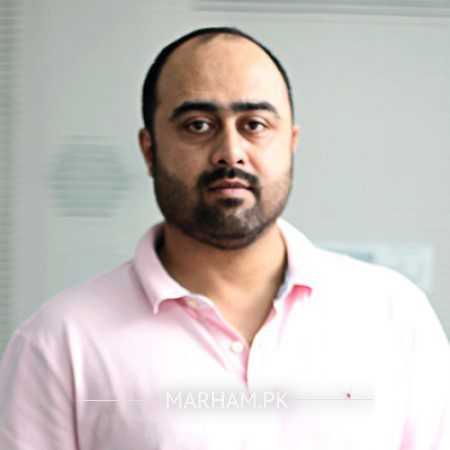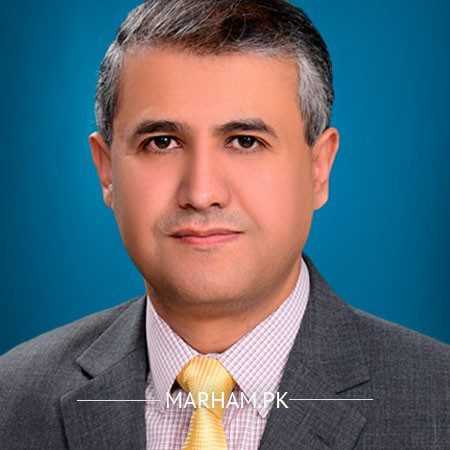High Blood Pressure or Hypertension is known as the silent killer because patients with hypertension may have no signs and symptoms for many years. Despite the fact that it is a predominant and widespread ailment, numerous individuals are uninformed that they have this condition unless they experience symptoms, like, headache or have had permanent damage to the heart or kidneys. Most medical studies have shown that high blood pressure patients can practice fasting during Ramadan if they have no complications and other medical issues. To consult with the best general physician in Lahore you can visit marham.pk.
If you have high blood pressure and desire to fast, consider these top tips during Ramadan:
1. Consult Your Doctor:
High blood pressure patients need to consult with a physician before deciding to fast during Ramadan. You can’t deny the fact that high blood pressure patients can’t skip their medicines under any circumstances. Therefore, you have to consult with your doctor to discuss the best way to manage to fast and still taking medicines.


2. Reduce Salt Consumption:
It is recommended to consume less than 2.3 grams of salt a day. For someone with high blood pressure, it is advised to eat meals with a minimum quantity of salt. Try to eat more fruits and vegetables in iftaar. Avoid salty and spicy food that may increase your blood pressure. You can book an online appointment with the best nutritionist in Islamabad via marham.pk.
Also Read: 5 Best Nutritionists in Lahore
3. Stick To A Good Diet:
Is someone eating samosa or kachori in iftaar? Right in front of your eyes? Let them eat. You have to stick to a good diet by controlling the food quality and quantity. Heavy meals and fried items can abruptly increase your blood pressure. Try to avoid them, so you can complete your fast without any complication.
4. Drink Plenty Of Fluids:
Try to stay hydrated. Drink plenty of fluids from iftaar until suhoor. Make sure to drink 8 glass of water in non-fasting hours to prevent complications that may occur. Take fresh fruit juices in iftaar and avoid caffeinated beverages.
5. Stay Indoor:
In this extremely hot weather, limit your exposure to the sun. Try to stay in cool and shaded places. Don’t go out unnecessarily. In case you have to expose yourself to the sun, cover your head and neck with a wet towel.
6. Physical Activity:
It is recommended for high blood pressure patients to do regular physical activities in Ramadan. You can go for a walk, after iftaar. Exercising during Ramadan helps to regulate blood pressure. Many studies have shown that physical activity performed by Muslims during Taraweeh prayers helps reduce high blood pressure. Consult with best doctors for blood pressure in Lahore.


Just feel good and relax while fasting during Ramadan. If you feel good this will help you to keep good health and reduce the risk of complications that may occur in your medical condition. These simple tips will also help you to practice fasting during Ramadan without having any serious issues. For more details and for online consultation with the best nutritionist in Karachi or any other city of Pakistan, you can visit marham.pk.





